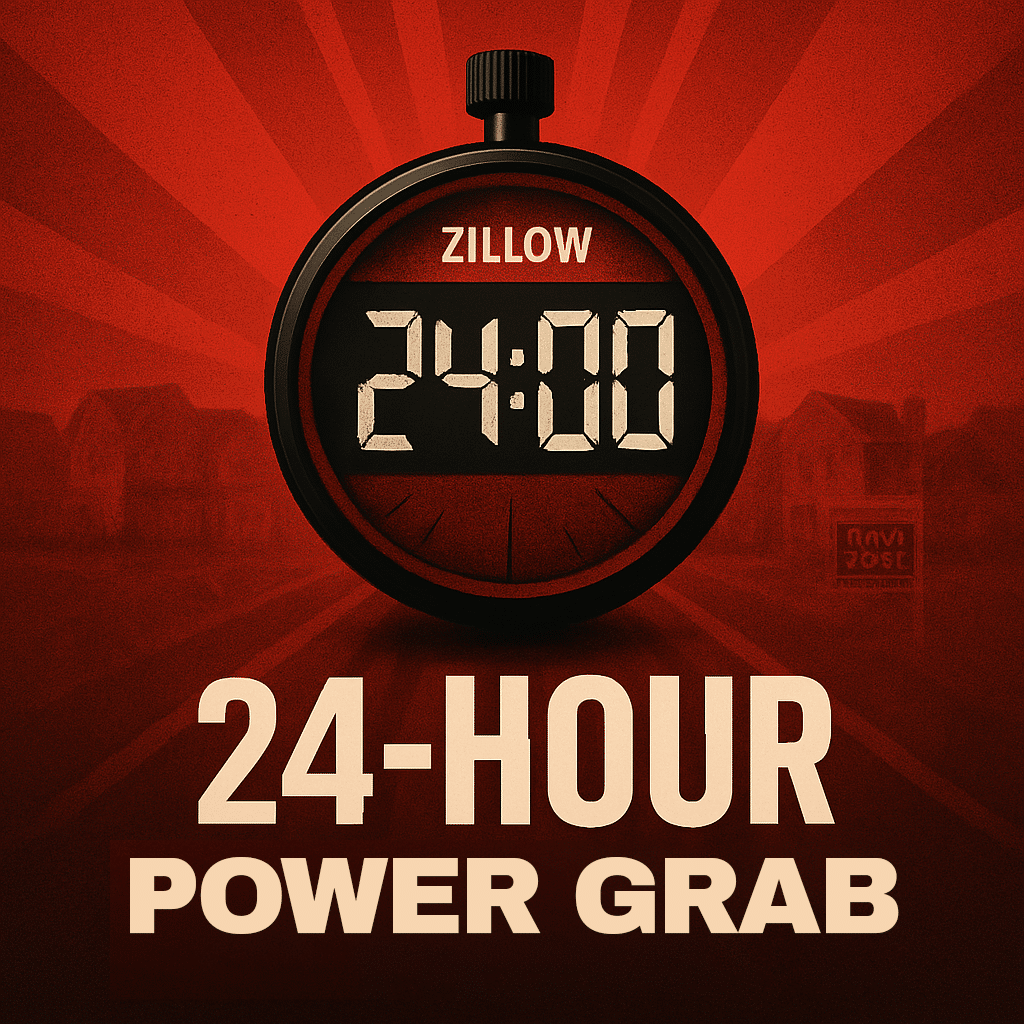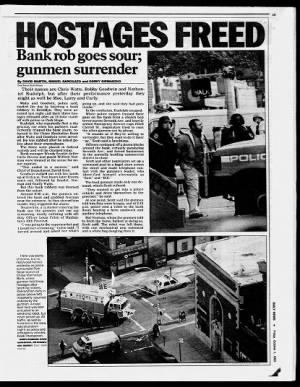Negotiation skill can make a multi-thousand dollar difference in crafting better deals. Whether you’re buying or selling cars, homes, anything expensive, knowing what to say (and how to say it) matters.
Below are a few strategies employed by skilled negotiators. When utilized by good communicators these techniques can be extraordinarily powerful, particularly against those who don’t realize what’s happening.
I love teaching negotiation, and enjoy watching the agents in my firm use it skillfully. In Arizona’s high buyer demand, limited home inventory market, buyers can be pushed up thousands if you know how to do it.
Negotiation Strategy #1:
Time
Less time equates to more pressure. When we believe we have to make quick decision (even if in reality, we don’t) we are more likely to make a mistake, enabling the other side to do better.
It’s called the 80/20 Principle or Pareto’s Law, named for Italian economist, Vilfredo Pareto, who determined that 80% of concessions are made in the last 20% of a negotiation.
The takeaway: Determine if the other side has time pressure, and if they don’t, try to make them believe they do. Then hold the line and keep re-presenting your original position. Finally, giving up just a smidgen at the end allows the other side to save face while you make a great deal.
Negotiation Strategy #2:
Options
Time is a common strategy applied in negotiation, but options are the most powerful.
Imagine that you are a seller and your prospective buyer wants a substantial price concession. If that buyer believes you have options, such as others about to buy, you can usually hold firmer, a lot firmer, on price.
The takeaway: Think carefully about your options, and make sure the other side knows you have them.
Negotiation Strategy #3: Information
Just like options and time, the side with the most information has an advantage.
When you know more about your negotiation opponent’s situation, you can leverage it to make a better deal.
The takeaway: Take the time to learn about the other side. Then figure out how to use it to your advantage.
Communicated Effectively
Time, options, and information are weapons of negotiation. Communication is how skillfully and effectively you leverage them.
Convincing your negotiation opponent that you are in a better position puts you in the power seat in their eyes. Remember it’s not whether you have power, it’s whether you are perceived to have power.
The takeaway: Time, options, and information are your negotiation tools. Communicating them effectively is your negotiation advantage.
“The most dangerous negotiation is the one you don’t know you’re in.”
-Christopher Voss












